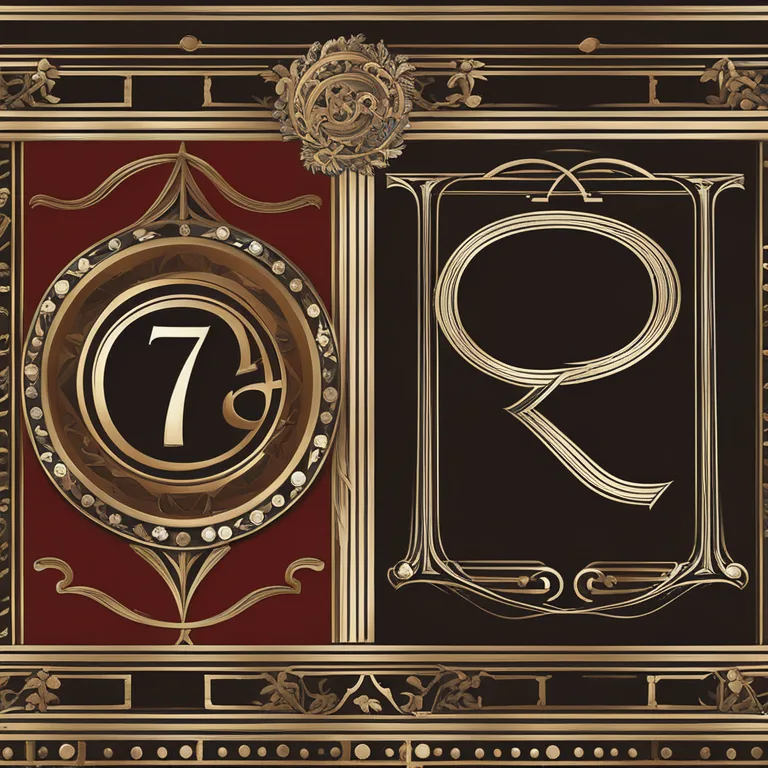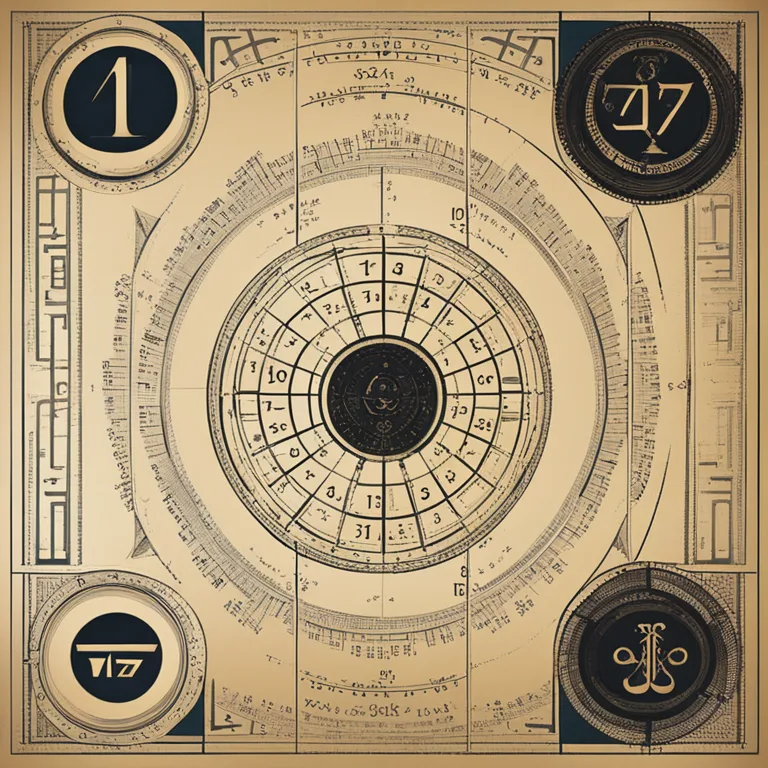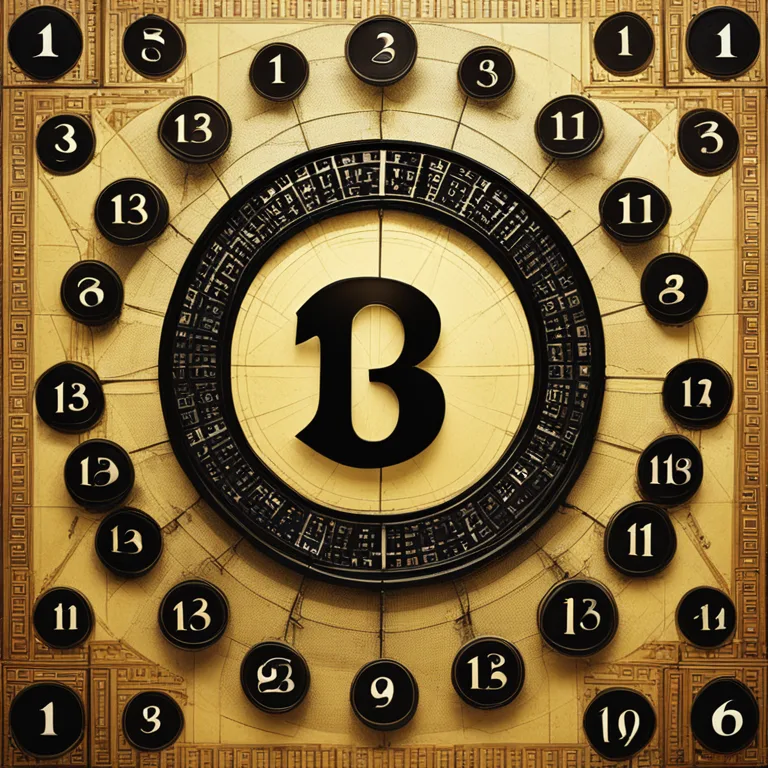
Numerology's Notorious Unlucky Numbers
Delve into the world of numerology to discover which numbers are traditionally considered unlucky and the reasons behind this belief.
article by Sofia Ferguson
Introduction to Inauspicious Digits
In the mystical realm of numerology, numbers are believed to hold vibrations that can influence our lives. While certain figures are hailed for their auspicious qualities, others are shunned for their unfavorable connotations. This article sheds light on the infamously 'unlucky' numerals, unraveling the rationale that renders them undesirable within the numerological sphere. Numerologists study these patterns to help individuals navigate their paths with better foresight and understanding of potential challenges.

Numerology's Ominous Thirteen
Perhaps the most notorious of all, the number 13 suffers from a long-standing reputation of misfortune. In numerology, it's the disruption of the harmonious 12—representing a complete cycle—that gives 13 its ominous shadow. This dreaded digit's association with bad luck isn't exclusive to numerology; the fear of the number 13, or triskaidekaphobia, permeates various aspects of society, influencing everything from skyscraper floor plans to seating arrangements.

The Elusive Number Four
Particular cultures, including those in East Asia, find the number four to be particularly unlucky due to its phonetic resemblance to the word for 'death.' In contexts where belief in this superstition runs deep, it is common to observe deliberate omissions of this number in public spaces such as buildings and license plates, revealing the impact of numerological beliefs on daily living. The avoidance of four is so pronounced that it has its own term – tetraphobia.

Reversal of Fortune: The Number Seven
Ironically, while the number seven is typically deemed lucky in many traditions, its reputation in numerology isn't always favorable. According to some interpretations, seven can indicate deception or the concealment of truths if found within certain placements in an individual's numerology chart. The duality of seven's significance reminds us that context in numerological analysis is crucial, and numbers may hold differing influences based on their position within a larger sequence.

The Number Zero: Power of Nothingness
Zero holds a unique place in numerology; it represents the infinite potential or, conversely, a void. Often excluded from numerological calculations, it amplifies the energies of other numbers when paired with them. An absence of the number, however, can signify a lack of qualities associated with it. As such, zero encompasses a silent power, reflecting the duality of existence and nonexistence, and is treated with a wary respect in the numerological lexicon.
Numerological Harmony and Alignment
To combat the effects of unlucky numbers, practitioners advocate for the cultivation of personal numerological harmony. This is achieved by understanding one's core numbers—such as life path, destiny, and soul urge numbers—and how they interact with the energies represented by 'unlucky' digits. Finding alignment between these can help mitigate potential negativity and encourage a more balanced and prosperous life journey.
Respecting Cultural Variations
Numerology's interpretation of numbers is heavily influenced by cultural perspectives, which means that a number might be regarded as unlucky in one tradition but celebrated in another. This highlights the importance of cultural sensitivity and personalized analysis in numerological practice. Those committed to applying numerological principles to their lives should consider these cultural nuances to ensure a holistic and culturally respectful understanding.
Published: 12/21/2023
Modified: 12/21/2023
More predictions
Come back here soon to learn more about yourself and your future


Insights for Personal Year 2 in Numerology
Discover the resonances and potential of Personal Year 2 in numerology, guiding personal growth and relationships.


The Vibrant Year of Numerology 3
Discover the effervescent energy of the Year 3 in numerology, and how it can influence your creative and social endeavors.


The Essence of Life Path 11 in Numerology
Discover the unique spiritual journey and traits of individuals born with Numerology's Life Path 11.